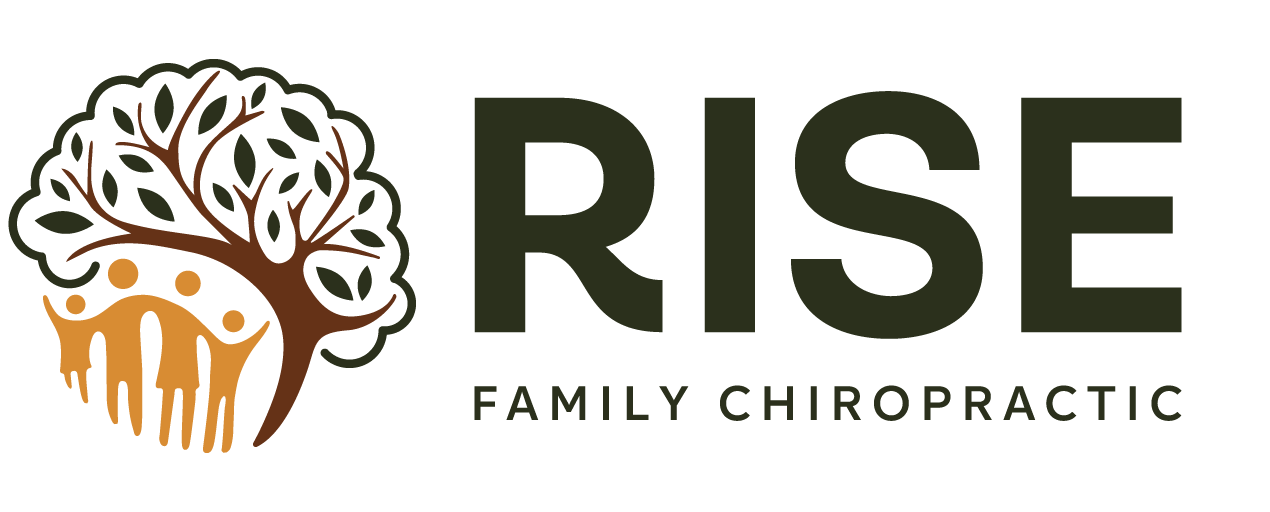Pregnancy already asks so much of you. Your body is growing and stretching, your hormones are shifting, and your mind is constantly preparing for the little one who is on the way. So when night comes, the one thing you should be able to count on is rest.
But for so many expecting moms, rest never comes.
If you’ve found yourself wide awake at 2 a.m., exhausted but unable to sleep, you are not alone. Insomnia and sleep issues are some of the most common struggles during pregnancy. They are also some of the most frustrating, because they rob you of the energy and peace you desperately need.
Dr. Stefan often reminds moms, “Sleep is not just a luxury during pregnancy. It is the foundation of healing, recovery, and growth — for you and for your baby.”
Why Sleep is So Hard During Pregnancy
There are many reasons sleep becomes elusive in pregnancy:
- Physical changes. As your belly grows, finding a comfortable position becomes more challenging. Hip and back discomfort, heartburn, and frequent bathroom trips can all keep you awake.
- Mental stress. Worries about labor, motherhood, or daily life can cause the mind to race, making it hard to settle.
- Chemical shifts. Hormonal fluctuations — especially in progesterone and estrogen — disrupt normal sleep rhythms and can cause night sweats or vivid dreams.
These physical, mental, and chemical stressors add up and place a heavy load on your nervous system. When that system becomes overwhelmed, it can get stuck in a survival pattern that makes true rest nearly impossible.
The Nervous System’s Role in Sleep
Your nervous system controls every cycle of rest and wakefulness. The sympathetic side is like the gas pedal, keeping you alert and ready. The parasympathetic side, often called the brake pedal, allows you to slow down, recover, and sleep.
During pregnancy, constant stress can lock the nervous system into a sympathetic, fight-or-flight state. The gas pedal is pressed too hard, and the brake pedal no longer engages. This imbalance, called dysautonomia, is one of the most overlooked causes of pregnancy insomnia.
Science shows that when the vagus nerve — the primary pathway of calm and rest — is suppressed, both emotional regulation and sleep suffer. This is why no amount of warm tea, lavender oil, or white noise machines can fully restore sleep if the nervous system itself is stuck.
Dr. Stefan explains, “You cannot sleep your way out of a nervous system locked in stress. First, you have to unlock the stress.”
How Chiropractic Helps Moms Sleep
Chiropractic care in pregnancy is gentle, specific, and focused on helping the nervous system reset. By removing interference in the neuro-spinal system, chiropractic adjustments allow the brain and body to communicate more clearly.
This helps to:
- Reduce physical tension that makes it hard to get comfortable in bed
- Calm the mental overdrive of racing thoughts by restoring balance in the brain
- Reactivate the parasympathetic system and vagus nerve so the body can enter a true state of rest
- Support hormonal balance that plays a role in sleep rhythms
Research has shown that adjustments can influence areas of the brain tied to stress and regulation, including the hippocampus and prefrontal cortex. In real life, this means your body gains the ability to shift gears — to move out of fight-or-flight and into restorative sleep.
What Moms Notice

Many expecting mothers under care begin to notice changes like:
- Falling asleep more easily instead of tossing and turning
- Fewer nighttime wake-ups, or being able to fall back asleep more quickly
- Less tension in the hips, back, and shoulders at night
- A calmer mind that doesn’t spiral with worry in the dark hours
One mom shared with Dr. Stefan, “I thought being tired but sleepless was just part of pregnancy. Once my nervous system started to calm, I could finally rest. For the first time in months, I woke up actually feeling restored.”
How Chronic Sleeplessness Affects Your Body and Baby
When sleep is consistently disrupted, the effects reach far beyond just feeling tired the next day. Chronic sleeplessness shifts your internal chemistry, taxes your nervous system, and drains your emotional reserves all at a time when your body is working overtime to support new life.
Over time, a lack of quality sleep can:
- Weaken immune function, making it harder to fight off infections
- Elevate cortisol levels, increasing inflammation and emotional reactivity
- Disrupt blood sugar regulation, causing energy crashes and mood swings
- Amplify physical discomfort, especially in the hips, pelvis, and lower back
More importantly, research shows that a mom’s sleep directly influences her baby’s development. Sleep affects the rhythm of your hormones, your digestive health, and even the way your nervous system communicates with your baby’s. When sleep is disrupted long term, it can raise your baseline stress level and your baby will feel that too.
As Dr. Stefan often reminds mothers, “You are the environment your baby is growing in. And that environment deserves rest.”
This doesn’t mean you need to sleep perfectly every night. But it does mean that consistent, deep rest is not just a luxury, it’s foundational care for both you and your little one.
Why “Just Rest More” Isn’t the Answer
If you’ve brought up sleep struggles during pregnancy, you’ve probably heard advice like:
- “Take naps during the day”
- “Try a warm bath before bed”
- “Don’t look at your phone before sleep”
While well-meaning, these tips don’t go deep enough. Because the truth is, when your nervous system is in survival mode, rest can’t be forced, no matter how early you turn off the lights.
- They’re exhausted but can’t sleep
- They try every trick and supplement they can find
- Their stress builds from both lack of sleep and guilt over not sleeping
The problem isn’t your mindset or your bedtime routine, it’s that your nervous system has been overloaded, and it needs to be brought back into balance.
At Rise, we’ve worked with many moms who came in believing that exhaustion and insomnia were just “normal.” After care, they realized what their body had actually needed all along — safety. Because when your body feels safe, it knows how to rest. That is the power of working with the nervous system first.
What a Balanced Nervous System Feels Like
Sleep is not the only indicator that your nervous system is healing, but it’s often one of the first things that improves. Once the system begins to calm, the shift is felt in many ways:
- Evening feels softer – instead of racing to get everything done, you naturally slow down
- The mind quiets sooner – without needing to “force” stillness
- Sleep becomes deeper – your body moves through the full sleep cycle without disruption
- You wake up rested – not jolted, groggy, or in pain
These shifts may feel subtle at first, but over time, they accumulate into something life-changing. The ability to move through your day with clarity. The energy to connect with your baby. The peace of knowing your body is adapting instead of resisting, this season of change.
Dr. Stefan often says, “When your nervous system is balanced, you don’t have to try so hard. Your body remembers how to rest, how to recover, and how to rise.”
A Gentle Next Step
If insomnia and restless nights have been stealing joy from your pregnancy, please know you are not alone. And you are not weak for struggling with something that should feel so natural.
Dr. Stefan often tells moms, “When your nervous system is balanced, sleep becomes something your body knows how to do again. It doesn’t have to be forced.”
At Rise Family Chiropractic, our mission is to help moms understand the real reasons behind their struggles and to provide safe, supportive care that restores balance to the nervous system.
We invite you to continue exploring our articles, learning how stress impacts your body, and connecting with our community for encouragement and resources.
Because you and your baby deserve nights of peace and mornings of renewal — not exhaustion.

